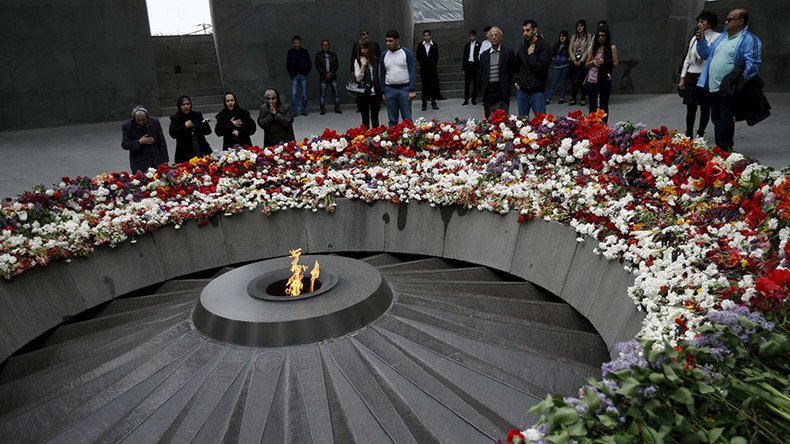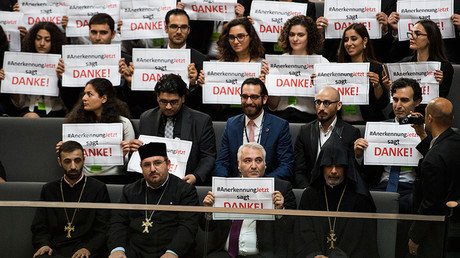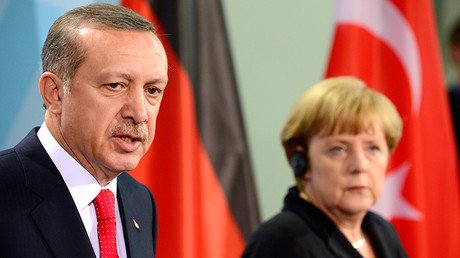'German MPs ignore email-lobby pressure, pass Armenian Genocide resolution'

Germany has defined the 1915 Armenian massacre as genocide, but will it change relations between the Armenian and Turkish people, asks Norman Paech, Professor of Constitutional and International Law in the University of Hamburg.
German MPs in the Bundestag have passed a resolution calling the 1915 killing of Armenians by the Ottoman Empire genocide. The mass killing of Armenians was perpetrated by Ottoman forces during the First World War.
The killing is now recognized as genocide by 27 countries, including Russia, Austria and France and also by the UN Human Rights Committee.
Turkey, as the successor to the Ottoman Empire, denies perpetrating genocide against the Armenians.
RT: Turkey has withdrawn its ambassador from Germany over the vote. How will it affect relations between the two states? How bad could things get now that the resolution is approved?
Norman Paech: First, I have to say this declaration, this vote is completely correct. Decades of intensive scientific research have certified what happened in 1915 was really genocide. The expulsion, the displacement of the people, the massacres was genocide. There is no doubt about this. And by the way, the Kurdish population, the Kurdish movement has acknowledged their participation in this genocide and they have openly and officially apologized. And that is the fact. But the email lobby and lobby control activities are part of normal life of parliamentarians. There is no problem. But if the threat within those emails goes into the form of threats of physical harm and life threatening, that is beyond the red line of democratic communication.
RT: The Turkish Deputy Prime Minister has described the decision as an historical mistake. Are we really talking about such a scale?
NP: I don’t think this is a historical mistake, but you have two questions: Why that declaration now? What did it produce? Does it change relations between the Armenian people and the Turkish people? For 20 years there are no political relations between the two countries. And does it help to improve relations between Turkey and Armenia, and hence even the situation of the Armenian population within Turkey. I have my doubts. If they would have had the motivation to ameliorate the situation and to make it better between Armenians and the Turks, they should have shown more engagement and more commitment... And so I have some doubts if this was advised.
RT: Why is the timing of this vote now?
NP: You know, one year ago they started to give a motion and to vote within the parliament, but for several reasons they delayed this decision. And this is not the first decision of the parliament in Europe. The French parliament and the Swedish parliament have already given this decision. But to have a political vision of this you have to ask what does it change. This is a historical date. There is no doubt about this historical massacre as genocide.
The statements, views and opinions expressed in this column are solely those of the author and do not necessarily represent those of RT.














